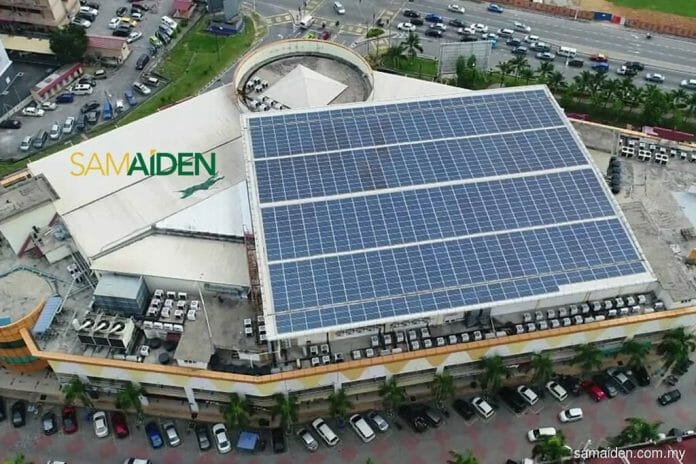Yesterday’s announcement of Samaiden Group’s first hydropower EPCC contract win came as a pleasant surprise says RHB in its investment review report, the house said it believes the group is strategically positioned to capitalise on emerging opportunities within the renewable energy (RE) space given its involvement in not only the solar and bioenergy segments,
but now also the hydropower sector.
As reported by BusinessToday yesterday, Samaiden’s wholly owned subsidiary was awarded the EPCC works contract in relation to the development of a 2MWac small hydro (high head) facility at the Pelagat Forest Reserve in Terengganu. Awarded by Tesdec Hydropower (Tesdec), this MYR25.8m contract marks a pivotal step for Samaiden, signifying its entry into the
growing hydropower market and unlocking opportunities for future growth within the broader RE landscape. Given the complexity of construction visà-vis standard solar jobs, management has been strengthening the group’s internal capabilities for such projects.
The group’s orderbook currently stands at c.MYR340m – a slight 3.1% decrease from the previous MYR350.7m reported in 1QFY24 (Jun). Although management has yet to finalise the project cost, GPM is guided to be similar to those of solar projects, ie at c.15-20%. The development is anticipated to commence in Jun 2024 – this is subject to Tesdec securing
financial close. Following the possession date given by the latter, construction is expected to take c.36 months. Apart from this, the house said it will likely see Corporate Green Power Programme or CGPP tenders to come in early next year, further supporting Samaiden’s orderbook and FY24-26 earnings.
As a result RHB, maintains a Buy call on the stock and maintains its earnings estimates. The house maintains upbeat on
the stock with its new venture into hydropower EPCC jobs. This is because it provides an edge for Samaiden, given its holistic involvement in RE. The TP is inclusive of a 6% ESG premium based on its 3.3 ESG score, which is above the 3.0 country median.
Downside risks include discontinuation of solar incentives, competition risks, and higher-than-expected project costs.









